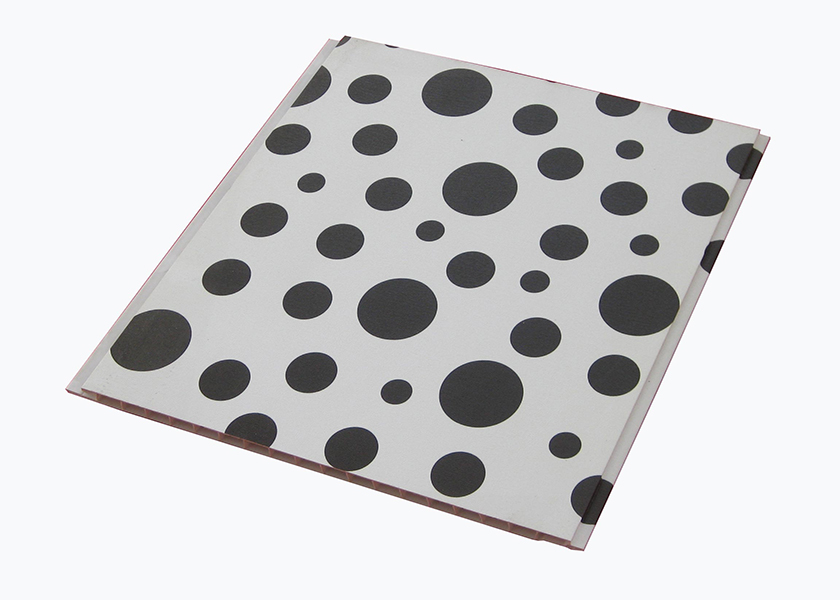China will fully implement the resource tax reform next month, and the crude oil and natural gas resource taxes will be changed to ad valorem, and the oil and gas resources tax of domestic and foreign-funded enterprises will be unified. In response to this reform, the Ministry of Finance said yesterday that the tax reform will not affect the price of refined oil, nor will it increase the burden on refining companies and consumers. In addition, Fu Chengyu, chairman of Sinopec, also said that the actual tax rate of resource tax is only 3.7%, which has little impact on the overall profit of Sinopec. Recently, the State Council announced the revised Provisional Regulations on the Resource Tax of the People's Republic of China. The responsible persons of the Taxation Department of the Ministry of Finance and the Department of Property and Taxation of the State Administration of Taxation have responded to the main contents and influences of the revision of the Provisional Regulations on Resource Tax, which are of general concern to public opinion.
Uniformly changing the resource tax From the content of the revision of the resource tax regulations, the first is to increase the resource taxation method for the ad valorem rate, and change the tax on crude oil and natural gas resources from the levy to the ad valorem, and correspondingly The tax burden of crude oil and natural gas has been raised, and the tax rate is 5%-10%. The reform is temporarily imposed at a rate of 5%. The second is to unify the taxation system for oil and gas resources of domestic and foreign-funded enterprises, and cancel the Sino-foreign cooperation oil and gas fields and the sea. The use fee of the mining area levied by the oil and gas field in the camp is uniformly changed to the resource tax. In addition, considering that the State Council has approved the increase of the tax rate for coking coal and rare earth resources from February 2007 and April 2011, the regulations amend the coking coal and rare earth ore separately in the coal resources and non-ferrous metal ore resources. And the tax rate approved by the State Council was written into the regulations, and the revision of the resource tax regulations did not adjust the taxation basis and tax rate standards for other resources such as coal. The Ministry of Finance also said that it will continue to study and promote the resource tax reform of other resources with the relevant departments. When the conditions are ripe, it will gradually expand the scope of the ad valorem rate and appropriately raise the tax rate. Since October, China's North China, East China, South China and other parts of the country have produced varying degrees of sales of refined oil products. The prices of refined oil products operated by some social business units have exceeded the maximum retail price limit set by the state. Regarding whether the reform will affect the price of oil and gas products, the Ministry of Finance said that the current price of crude oil in China is in line with the international crude oil price, which is mainly determined by the crude oil price of the relevant varieties of the international market in which various domestic crude oils are linked. Under the pricing mechanism, the adjustment of domestic resource tax will not affect the crude oil price level, and there is no price transmission, which affects the profit level of crude oil mining enterprises.
The benchmark price of natural gas
remains unchanged. In terms of natural gas, the Ministry of Finance said that domestic natural gas implements a government-guided price. At present, the domestic benchmark price of domestic onshore natural gas is 1,155 yuan per thousand cubic meters. After the reform of natural gas resource tax, the benchmark price is still implemented. Therefore, it does not affect the price of natural gas used by gas companies and end consumers. In addition, from the pilot situation of crude oil and natural gas resource tax reform in Xinjiang and the entire western region, the crude oil and natural gas resource tax has not affected the prices of crude oil, refined oil and natural gas after the ad valorem is calculated.
Sinopec: The impact of earnings is small . Fu Chengyu, chairman of Sinopec, China's second largest integrated oil company, also said that the company's adjusted resource tax rate is only 3.7%, which has little impact on overall earnings. However, the investment bank ICBC International’s report stated that after the reform of the resource tax was changed to “ad valorem levy†and further spread to the whole country, PetroChina and Sinopec’s earnings in 2011-2012 will be reduced by 2%-11%.
Â
Size of UPVC Panels: 300mm x 10mm.
Main material of UPVC Panels: PVC (50%, 60%, 73%, 77%, 87% or as your request), calcium carbonate and other chemicals.
Feature: Fireproof, Heat Insulation, Moisture-Proof, Mould-Proof, Sound-Absorbing, Waterproof.
Surface Process: Printing, Hot stamping, Laminated.
Quality Guarantee: 25 years.
Certificate: ISO9001:2000, Soncap, Intertek, SGS.
Application: In recent years PVC has become an advantageous alternative than traditional materials for decorating and rearranging of interior spaces in the various environments such as residences, hotels, restaurants, industrial units, individual offices, bathrooms, kitchens, laundries.
Quick maintenance and no need of painting.
Easy to be cut, drilled, nailed, sawed, and riveted. DIY is all right..
Pictures of 300mm X 10mm UPVC Panels:

300mm X 10mm UPVC Panels
300mm X 10mm UPVC Panels, UPVC Cladding Panels, Decorative UPVC Panels
Zhejiang Huaxiajie Macromolecule Building Material Co., Ltd. , http://www.pvcbuildingdeco.com
